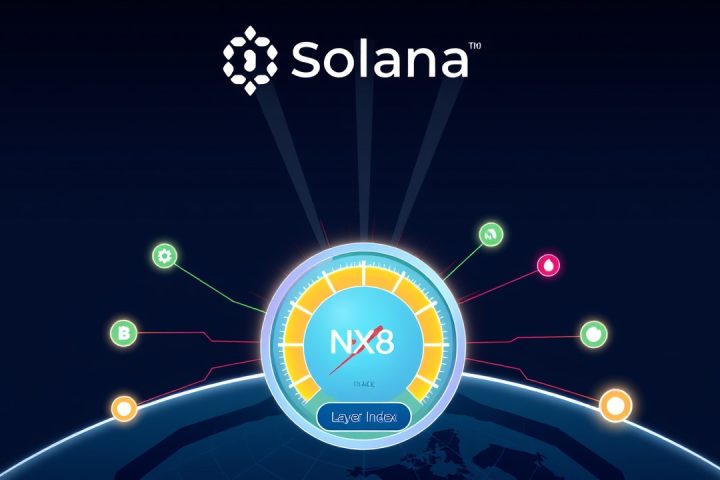New Regulatory Guidance on Cryptocurrency
In a significant development for the digital asset investment landscape, the U.S. Treasury Department, alongside the IRS, unveiled new regulatory guidance on Monday that could fundamentally alter how Wall Street engages with cryptocurrency products. This clarification is believed to be a catalyst for increasing the adoption of proof-of-stake (PoS) blockchains, particularly Ethereum and Solana, among institutional investors.
Safety Net for Investment Trusts
By establishing a safety net for investment trusts, the new guidelines allow these entities to stake digital assets without the fear of infringing upon existing tax laws and regulations. This safe harbor enables trusts to engage in staking activities—an essential process for PoS networks which rely on users to stake their tokens to maintain network security—provided they adhere to specific criteria. These criteria stipulate that qualified investment trusts must:
- Only manage one type of digital asset from an eligible permissionless PoS blockchain.
- Maintain certain liquidity standards.
- Solely be involved in the holding, staking, and redeeming of that token.
Furthermore, they must use a custodian and an independent staking service to manage the staking processes, ensuring oversight and security.
Reactions from Officials
Treasury Secretary Scott Bessent expressed enthusiasm over the new rules, highlighting their potential to clarify the pathway for institutional staking on Wall Street and the sharing of rewards with retail investors. Bessent took to X (formerly Twitter) to convey the significance of this regulatory shift, stating, “This move increases investor benefits, boosts innovation, and keeps America the global leader in digital asset and blockchain technology.”
Impact on Staking Yields
Staking on networks like Ethereum and Solana not only enables them to operate securely but also rewards participants, typically offering annual percentage yields that can range between 1.8% to 7%, depending on various factors including the network and the quantity of tokens staked. The legal ambiguity surrounding staking yields has often caused confusion in the industry, particularly during the Biden administration, which raised concerns that staking rewards might qualify as unregistered securities.
Previously, the SEC approved spot Ethereum ETFs, but these vehicles did not allow for staking. However, Grayscale’s recent move to become the first U.S. ETF issuer to offer ETH staking rewards to holders illustrates the evolving landscape.
Future of Staking in Traditional Finance
The newly introduced policy could expectably lead to an uptick in staking offerings within the traditional finance sector, especially given the newfound clarity concerning regulatory and tax obligations. Bill Hughes, a leader in global regulations at the Ethereum software firm Consensys, commented that this guidance effectively dismantles a significant legal hurdle that previously deterred fund sponsors and asset managers from incorporating staking yields into compliant investment portfolios.
Patrick Witt, who directs the Council of Advisors for Digital Assets under former President Donald Trump, also welcomed the Treasury’s announcement, noting it aligns with a recommendation from a White House report on cryptocurrency published earlier this summer.
Conclusion
This pivotal change signifies a marked shift towards the normalization of digital asset staking in institutional finance, creating more opportunities for both investors and service providers in this burgeoning market.




